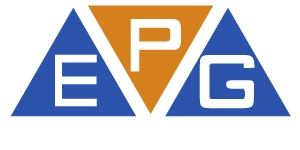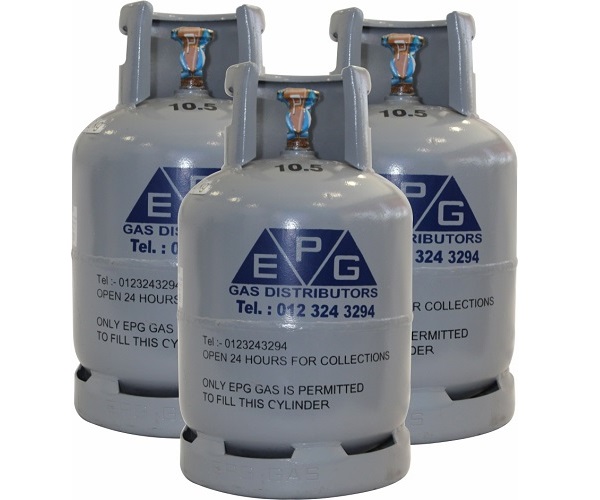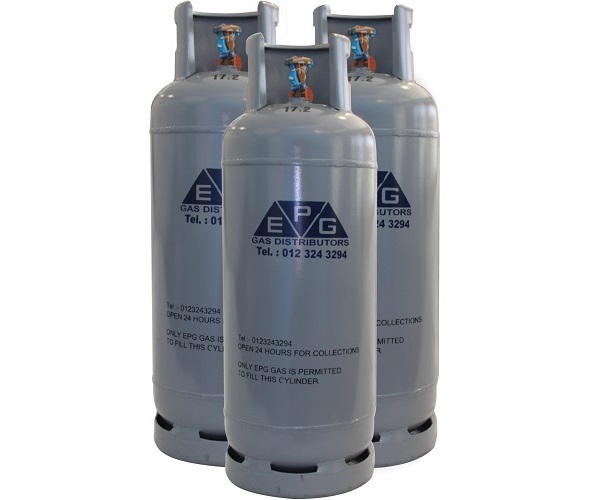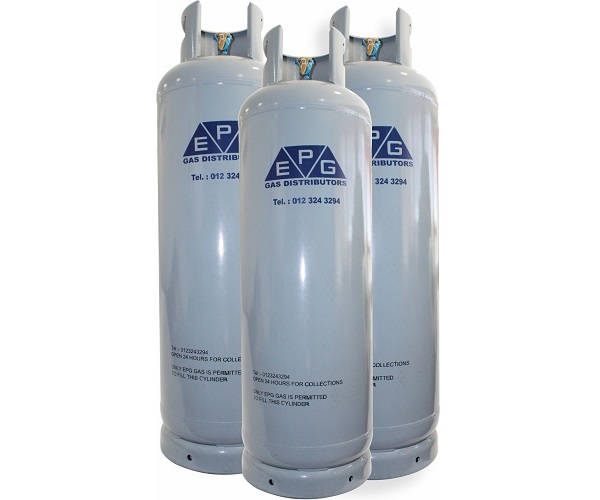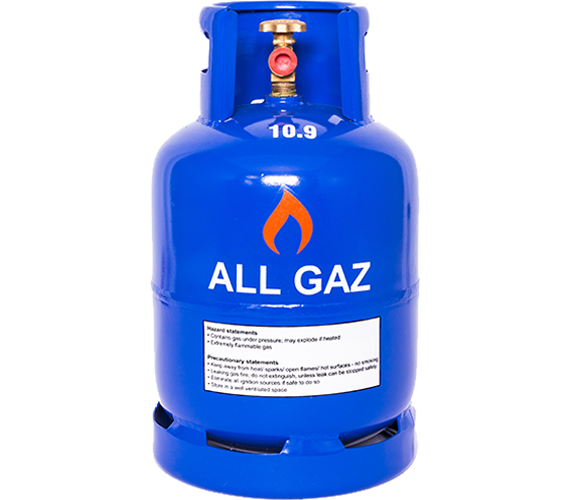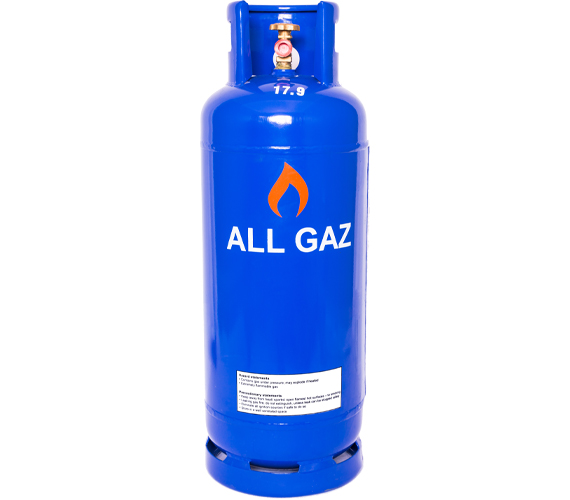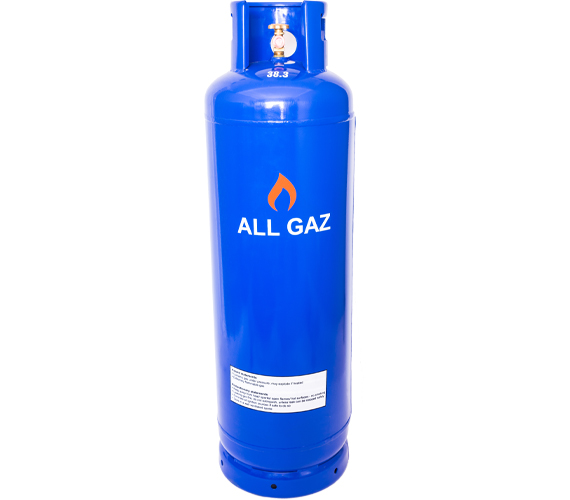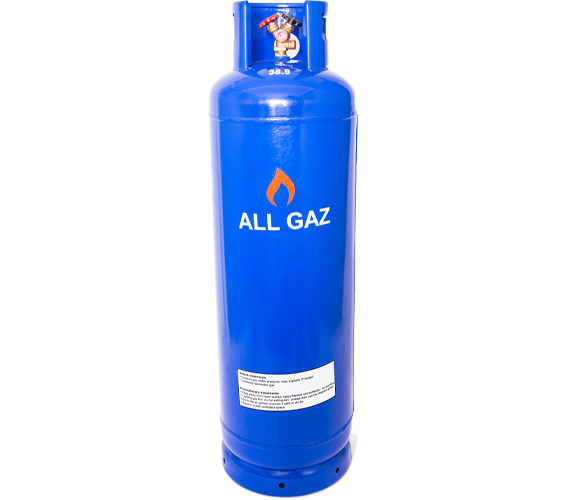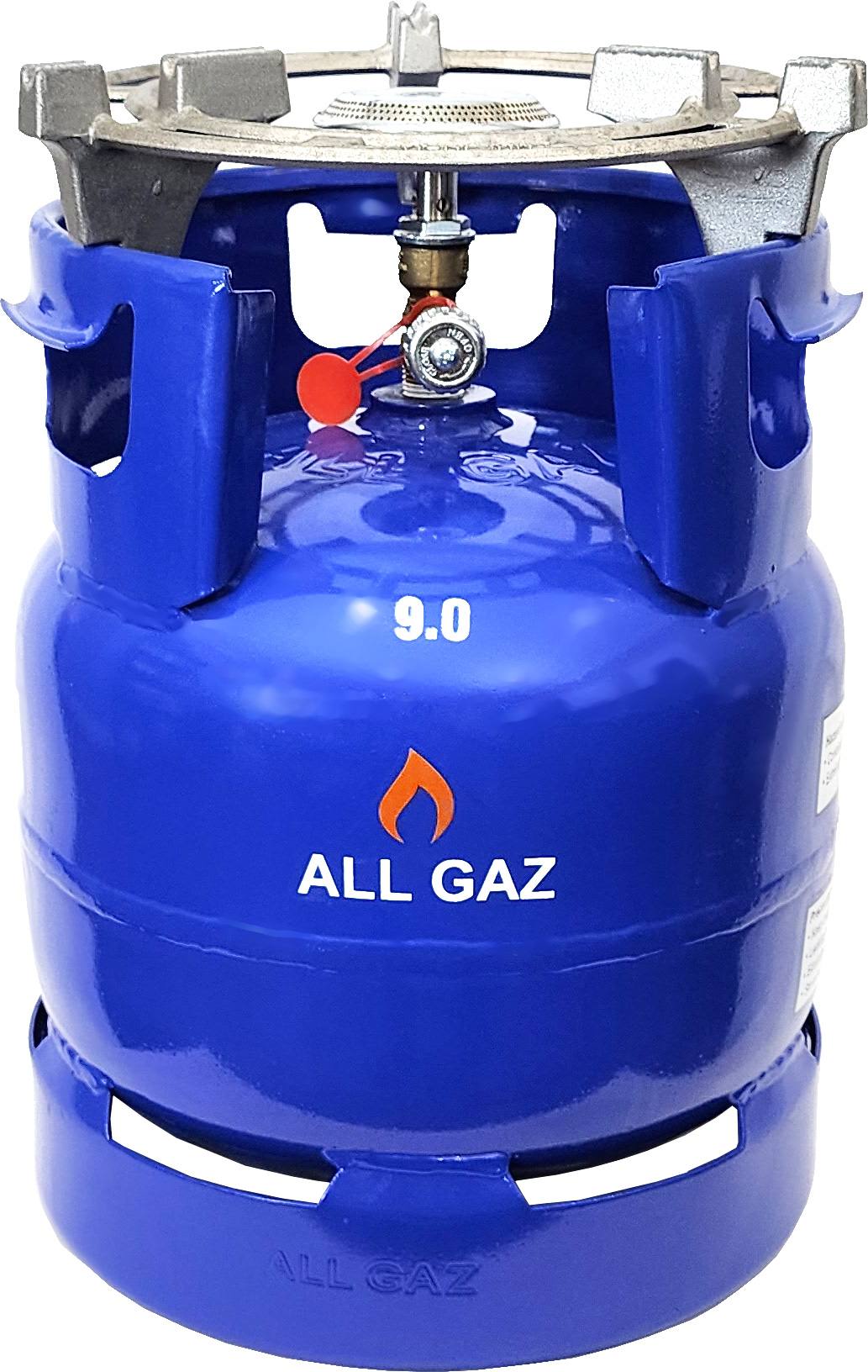Stay Safe & Stay Legal
Stay Safe, Stay Legal and help Fight Crime
Consumer demand for LP Gas in South Africa is increasing at a substantial rate, this increased demand has led to an increase in illegal activities by certain parties who see the LP Gas industry as an opportunity to make quick money – no matter the risk or consequences to the public.
How do one identify illegally refilled LP Gas cylinders
Why you shouldn’t buy illegally refilled or traded gas cylinders
When buying illegally refilled or traded LP Gas cylinders?
General Law Amendment Act, 1955 (Act No. 62 Of 1955), Section 37
Any person who in any manner, otherwise than at a public sale, acquires or receives into his or her possession from any other person stolen goods, without having reasonable cause for believing at the time of such acquisition or receipt that such goods are the property of the person from whom he or she receives them or that such person has been duly authorized by the owner thereof to deal with or to dispose of them, shall be guilty of an offence.
Always purchase your gas cylinders from a reputable company and exchange your gas cylinders at an authorised dealer, so that you can be sure that the cylinders have been legally filled to meet the requirements as set out by the Occupational Health and Safety Act’s pressure equipment regulations.
You can report illegal fillers or retailers of gas cylinders at this email address: fightcrime@epggas.co.za
The LPGSASA (Liquefied Petroleum Gas Safety Association of South Africa) association is working very hard to ensure that the insurance companies are aware of the rogues, best to be compliant as soon as possible to avoid losing your cover.
Our Legally Refilled LP Gas Cylinders
Want to keep in touch with our latest news?
